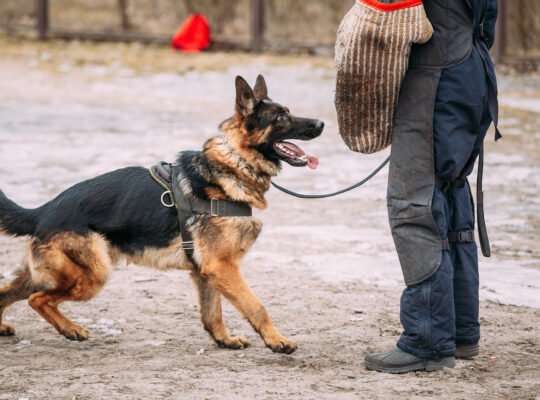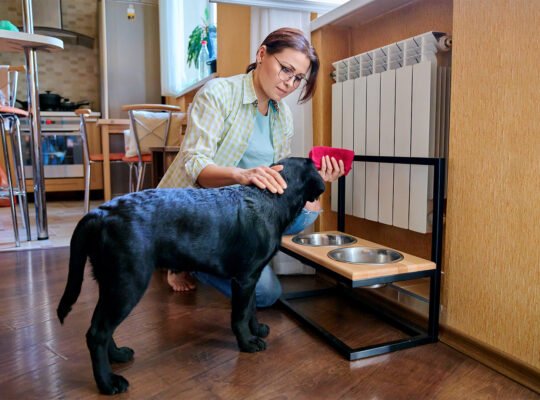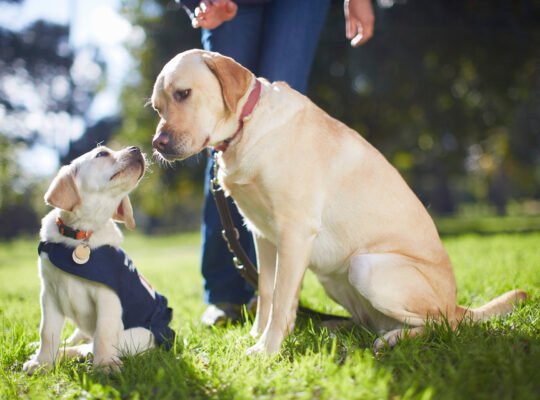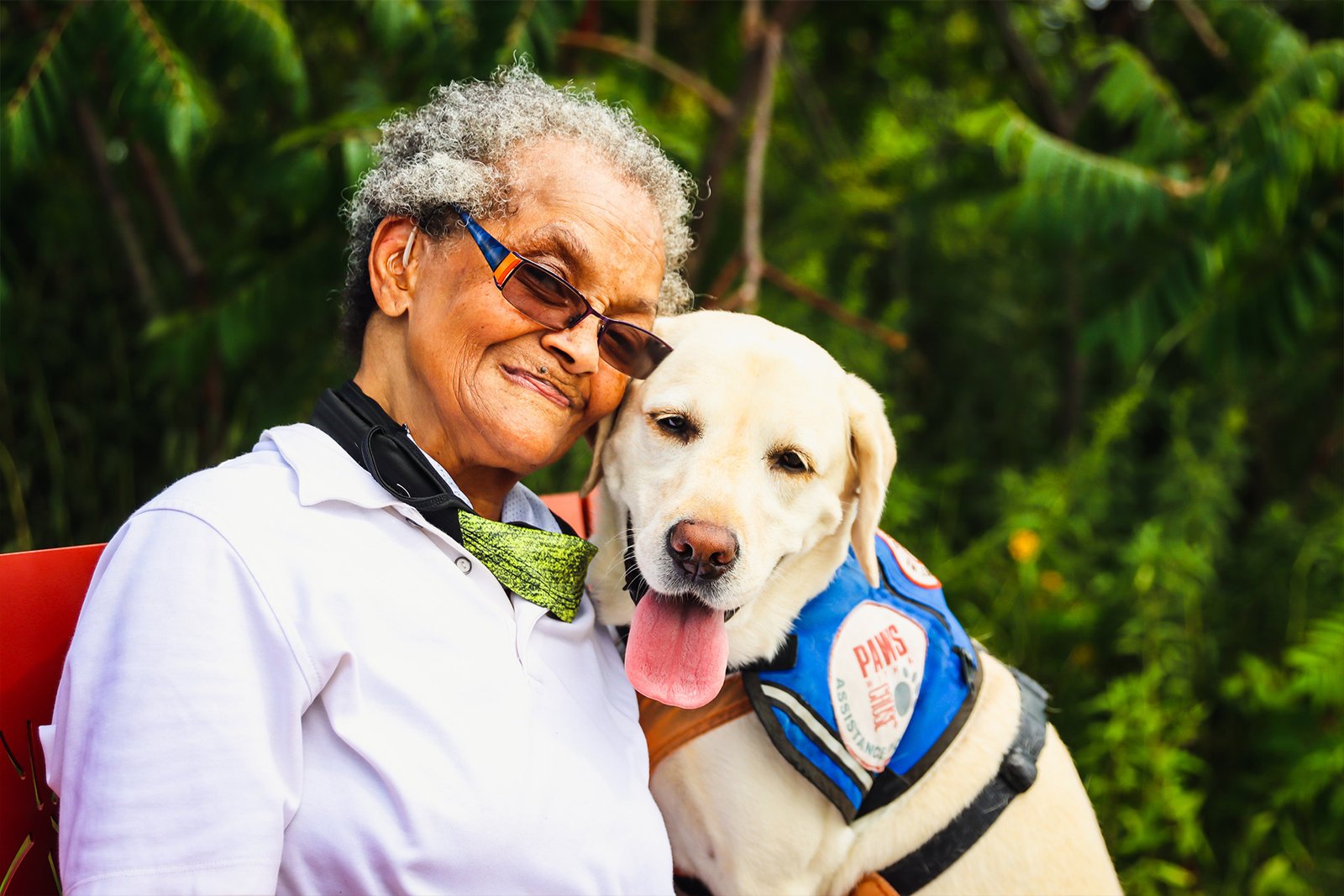Graceful Aging: Caring for Senior Dogs’ Joint Health and Mobility
Excerpt: Embrace your senior dog’s journey with grace and care. This guide delves into the world of joint health and mobility, offering actionable advice to maintain your dog’s quality of life. Discover how to provide comfort, exercise, and support for your loyal companion during their golden years.
Introduction
As your faithful canine companion grows older, their needs change, particularly in terms of joint health and mobility. Senior dogs are prone to arthritis, joint pain, and decreased mobility. However, with proper care and attention, you can ensure your senior dog enjoys their golden years with comfort and vitality. This guide is a comprehensive resource for caring for your senior dog’s joint health and mobility, offering insights into dietary adjustments, exercise routines, supplements, and more.
The Importance of Joint Health for Senior Dogs
Joint health is crucial for senior dogs to maintain their overall well-being. Arthritis, a common ailment among older dogs, can cause pain, stiffness, and reduced mobility. By proactively addressing joint health, you can enhance your dog’s quality of life and help them continue to enjoy their favorite activities.
Diet and Nutrition
A balanced diet plays a pivotal role in supporting joint health. Opt for senior dog food formulas that contain glucosamine and chondroitin, which help maintain joint cartilage. Omega-3 fatty acids are also beneficial for reducing inflammation. Consult your veterinarian to determine the best diet plan for your senior dog’s specific needs.
Exercise with Care
While regular exercise is essential, it’s crucial to tailor activities to your senior dog’s abilities. Gentle activities such as short walks, swimming, and light play can help maintain muscle mass and joint flexibility. Avoid high-impact activities that may strain their joints.
Weight Management
Maintaining a healthy weight is paramount for senior dogs. Excess weight places added stress on joints and exacerbates mobility issues. Work with your veterinarian to determine the ideal weight for your senior dog and develop a dietary and exercise plan to achieve and maintain it.
Comfortable Living Spaces
Create a comfortable environment that supports your senior dog’s mobility. Provide orthopedic beds and soft, supportive surfaces for them to rest. Ensure their living space is easily accessible by using ramps or stairs to eliminate the need to jump onto furniture.
Joint Supplements
Consult your veterinarian about joint supplements tailored to your senior dog’s needs. Glucosamine, chondroitin, and MSM supplements can help support joint health and reduce inflammation. These supplements can be especially beneficial for senior dogs with existing joint issues.
Regular Veterinary Check-ups
Regular visits to the veterinarian become even more important in your senior dog’s life. These check-ups allow for early detection and management of joint issues. Your veterinarian can recommend specific treatments or adjustments to ensure your senior dog’s comfort.
Conclusion: Embracing the Golden Years
Caring for your senior dog’s joint health and mobility is a testament to your unwavering companionship. By making thoughtful adjustments to their diet, exercise routine, and living environment, you provide them with the comfort and support they need to age gracefully. Cherish each moment with your senior dog, knowing that your efforts contribute to their continued well-being and happiness.
External Links:
- American Veterinary Medical Association: Caring for Senior Pets
- The Senior Dogs Project: Arthritis in Older Dogs
Note: The above external links are provided for informational purposes only and do not constitute endorsement or affiliation.
















